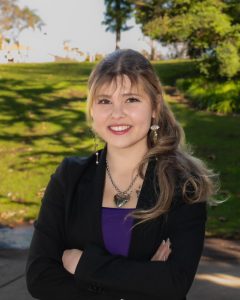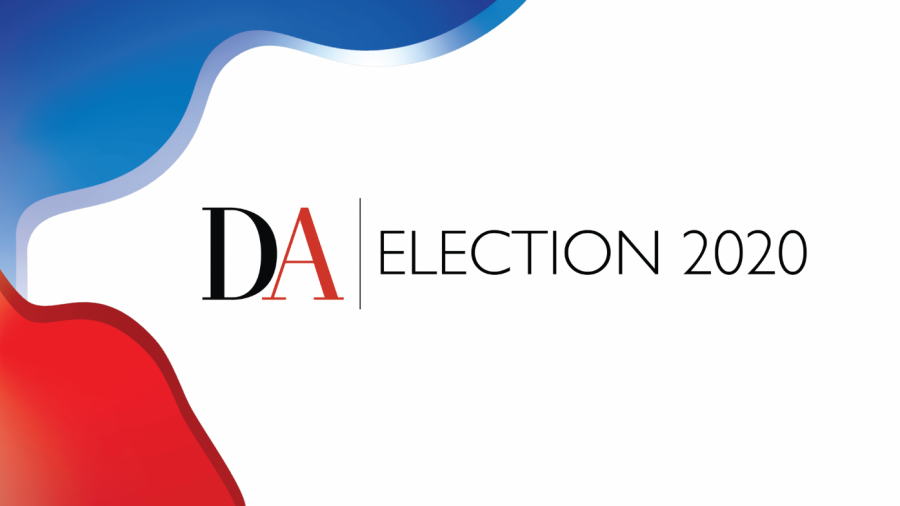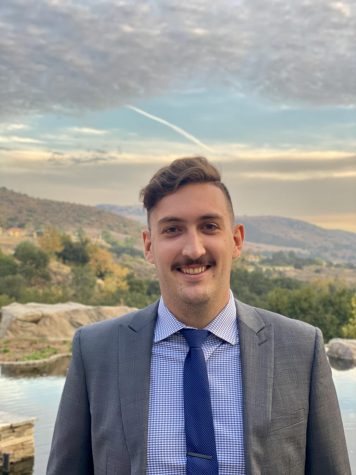Should every citizen in the United States get the right to vote?
Should one mistake take your voice away?
With the elections approaching quickly, here’s a deeper dive into Proposition 17.
If passed, Proposition 17 will restore the right to vote to individuals on state parole directly after they’re released from prison.
It would allow an estimated 50,000 people to be able to vote in future elections and result in one-time state costs of about hundreds of thousands of dollars, which is less than 1% of the state’s current general fund.
“I strongly believe that no one should have their right to vote taken away at any time,” San Diego State Project Rebound Executive Director Alan Mobley said. “For their own rehabilitation, making them think they’ve been exiled from society, it hurts their chances for effective rehabilitation. If we keep them involved in society, it’s not only helpful for them but for all of us.”
Mobley also said structural issues create a revolving door where people go from their neighborhoods to detention and correctional facilities and back.
“It seemed to be self-replicating,” Mobley said. “When people are taken out of their communities and put into prison, it’s usually because the institutions earlier in their lives have largely failed them like the schools didn’t produce for them standard educational outcomes.”
Mobley also said how the tuition for CSU’s skyrocketed in part because the state’s money has gone away from the universities and towards prisons.
According to the Prison Policy Initiative’s website, 239,000 people are locked up in California as of 2018 and the U.S. has some of the highest incarceration rates in the world.
“We don’t want to over-rely on prisons,” Mobley said. “We want to start investing in different types of approaches to help people live meaningful and dignified lives within the law. There’s been a shift from more punitive to restorative tactics.”
In other countries such as Germany or even other states like Vermont and Maine, those who are still imprisoned can vote.
“Enhancements (on prison terms) are another way the system disenfranchises minorities because minorities are the ones who are mostly in the system,” SDSU sociology fourth-year Sarah Norris said.
Norris was incarcerated for eight years when she was 20 years old and is currently on parole.
Enhancements are used to add extra time to sentencing if an individual had past criminal offenses.
Formerly incarcerated psychology alumnus Moises Garcia-Perez is also in favor of Proposition 17 because he believes convictions have been weaponized by the prison system to take people of color’s right to vote away.
“Voting does have some type of social impact where you feel more acceptable to society,” Garcia-Perez said. “Once I got off of paperwork and knew I could vote, I felt more acceptable to the government, the state, the country. I felt more a part of the country.”
Mobley also states, while reasons past prisoners re-offend are very complex and cannot be pinpointed to one reason, Proposition 17 passing is a step in reducing recidivism or the tendency of a convicted criminal to re-offend.
Opposition of Proposition 17 fear it will allow rapists and murderers to vote and shape our policies and they lost that right when they broke the law, according to the official California voter information guide.
“There’s really no clear cut distinction between those who are serving time for violent crimes and those who are for nonviolent crimes and, I don’t know if this will blow your mind, there’s no meaningful distinction between them and the rest of us,” Mobley said.
Norris said being categorized as a violent offender is solely up to the judge and the district attorney.
“You can be sentenced to a violent case for something that maybe your co-defendant committed but then when you go to prison, they look at your case and you’re coded as nonviolent, but legally you’re considered violent,” Norris said.
For more information on Proposition 17 and all the other propositions on the ballot, check out our proposition voter guide.













